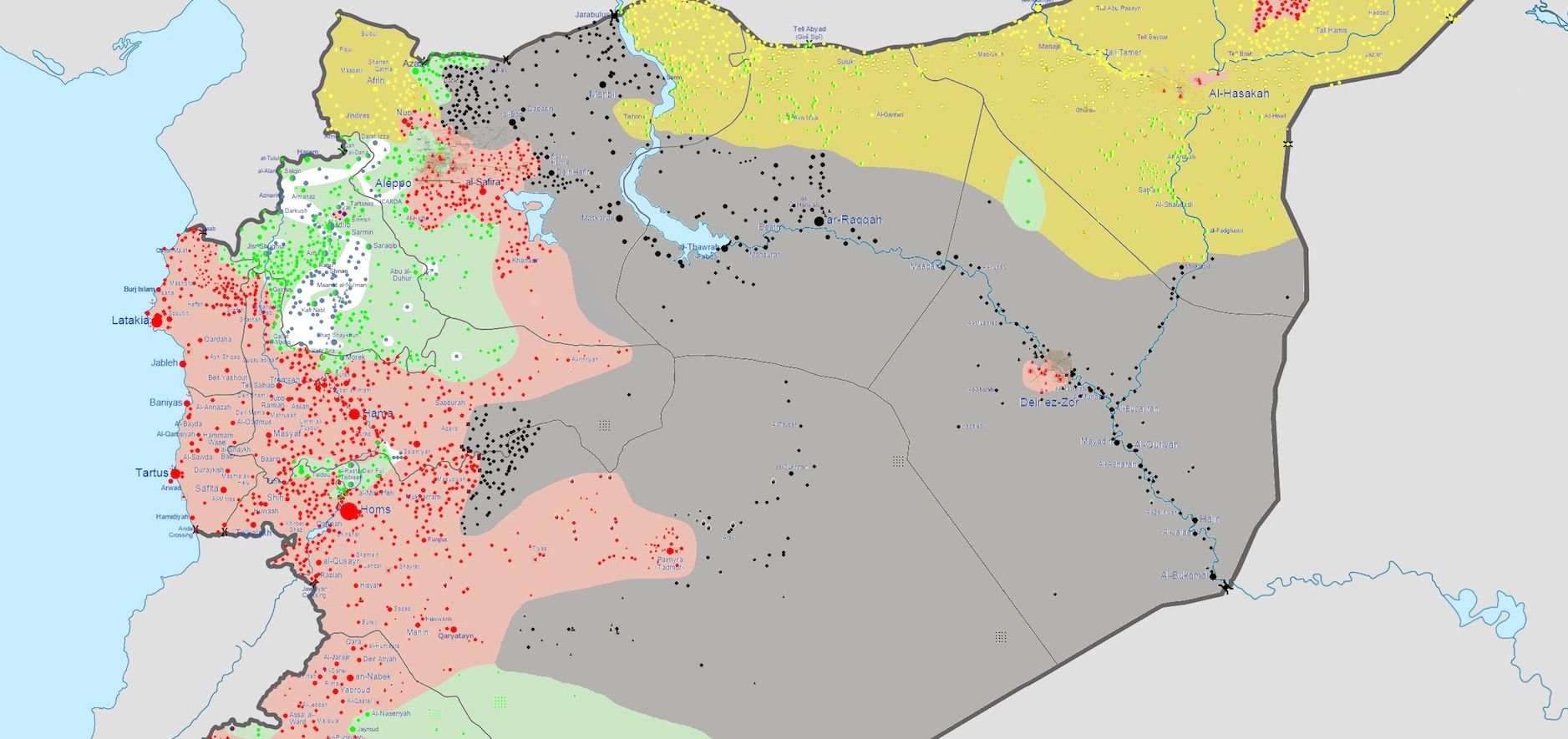Free Syrian Army Brigade Threatens to Execute Iranian Captives

Freedom fighters do not execute hostages even when they might actually deserve it:
A brigade from the Free Syrian Army (FSA) known as the Bar’a released a video aired on Al-Arabiya in which they warned they would execute an Iranian prisoner “for each martyr who is killed.”
The militia group kidnapped 48 Iranians at the beginning of August, claiming that they were members of the elite Iranian Revolutionary Guards. However, the Iranian government says they are pilgrims on their way to visit a shrine in southeast Damascus and has appealed to Qatar and Turkey to help free the hostages.
Iran admitted in September that it had posted members of the Guard in Syria, working as “high-level advisors.”
The RT piece claims that this is the first time that the FSA has threatened to execute hostages but these threats have been issued before. I also have no doubt that similar threats will be issued, and acted upon, again and again before this conflict is over.
Honestly, I’m less worried about the fate of these Iranians than I am about Syria’s ability to transition past Assad and into stability. If Syria’s future holds anything it is more inhumanity, more division, and less rationality. It’s red on red on red on red on red violence infused with the usual suffering innocents and a sprinkling of honest well-intentioned participants. As for the well-intentioned, they remain disastrously fractured, and signs of hope are too sparse to generate optimism:
…survival has taken clear precedence over organizing for self-rule. Absence of leadership gives way to pronounced divisions among various factions—at the local levels—and civilians face enormous challenges in creating a governing body that will effectively enforce a local peace.
I found the sustainability of these newly-found freedoms questionable. A litany of issues plague the FSA and even the most developed of local self-ruled towns: rising sectarian tension, infighting, lack of leadership, and a dearth of resources. Simply put, the militias in these areas are inadequately armed—especially against the regime’s increasing air attacks. Of more than half a dozen members of the youth organization I had a chance to talk with, the main complaint was always the same: lack of logistical help from the outside.
My conversations, interviews, and observations in two weeks on the ground have reinforced my opinion that the quest for self-rule is well-rooted and real. But while the international community wants to see a better Syria in a post-Assad period, the present form of Syria’s conflict poisons the possibility of a quick transition to a constellation of self-ruling structures in the capillary towns. The small steps that have been taken thus far fall short of ensuring long-term success…
Progress, if you can call it that, has been terribly slow. Only dramatic intervention will change the equation and, even then, success (by any party’s definition) may remain elusive. That’s not an argument for intervention but rather an acknowledgment that free Syrian unity and leadership are likely to remain missing in action.
